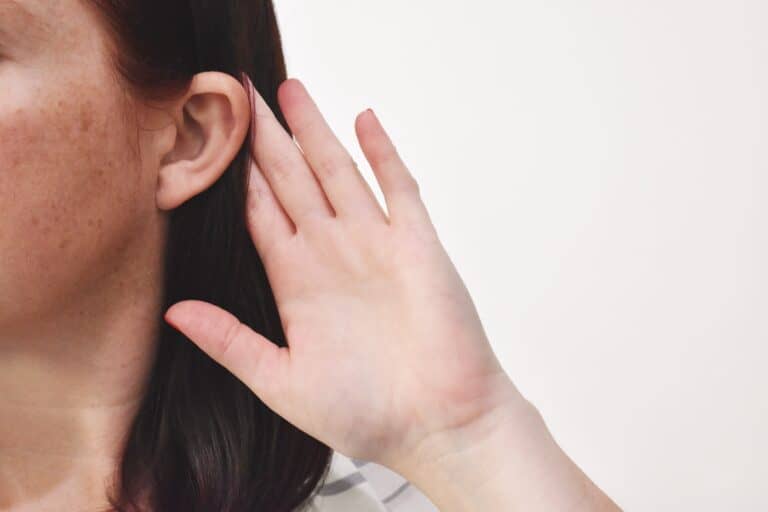Summer is now finally upon us and it is time to go outside at the cottage or around the BBQ in the backyard. A wonderful part of Canadian summer is cooling off in lakes, rivers and swimming pools. Not everyone gets to enjoy them the same way though; for people with ear conditions, that otherwise fun time in the sun can make existing conditions worse.
What is “dirty water”? Dirty water refers to an untreated water source, such as rivers, lakes, oceans and ponds. It is water which not only contains particles of dirt, but it also contains bacteria which can be harmful to the human body.
When is it harmful to be exposed to dirty water? People who have chronic Otitis Externa (also known as Swimmer’s Ear) typically get a new infection after their ears have been exposed to dirty water. Swimmer’s Ear is an infection which starts at the opening to your ear and extends inwards to the ear drum. It is caused by water remaining in the ear which fuels bacterial growth. Putting foreign objects into the ear which are not supposed to be in there (such as cotton swabs or tissues) can make the problem worse by thinning the skin. Treatment of Swimmer’s Ear usually involves a prescription for an antifungal/antibiotic ear drop.
What is “clean water”? Clean water refers to sources which have been treated such as a swimming pool or what comes out of your faucet. Although it is labelled as clean water, it still contains bacteria and can contain chemicals such as bromine and chlorine. A person who is susceptible to Swimmer’s Ear can still get infections from swimming in clean water.
Anyone who has Myringotomy Tubes for draining their ears should be protecting their ears from water to prevent further infection. Many people believe that surface tension will prevent water from passing through the tube into the cavity on the other side of the eardrum, however there can be pathogens which can still travel through the tube in either dirty water or clean water. The use of chemicals or cleaning agents (soaps, shampoo) can act like a lubricant and allow water to pass right through the tube and make a pre-existing condition worse.
What should you do about it? Anyone who has a history of external ear infections (swimmers ear) or anyone who actively has tubes installed in their ears should be wearing earplugs when their head could be submerged. There are a wide variety of earplugs available, but the ones which work the best are form fit to the ear to properly seal the canal. Feel free to contact us to enquire if swimming plugs are the correct choice for you, and learn about products available from our local manufacturers.


